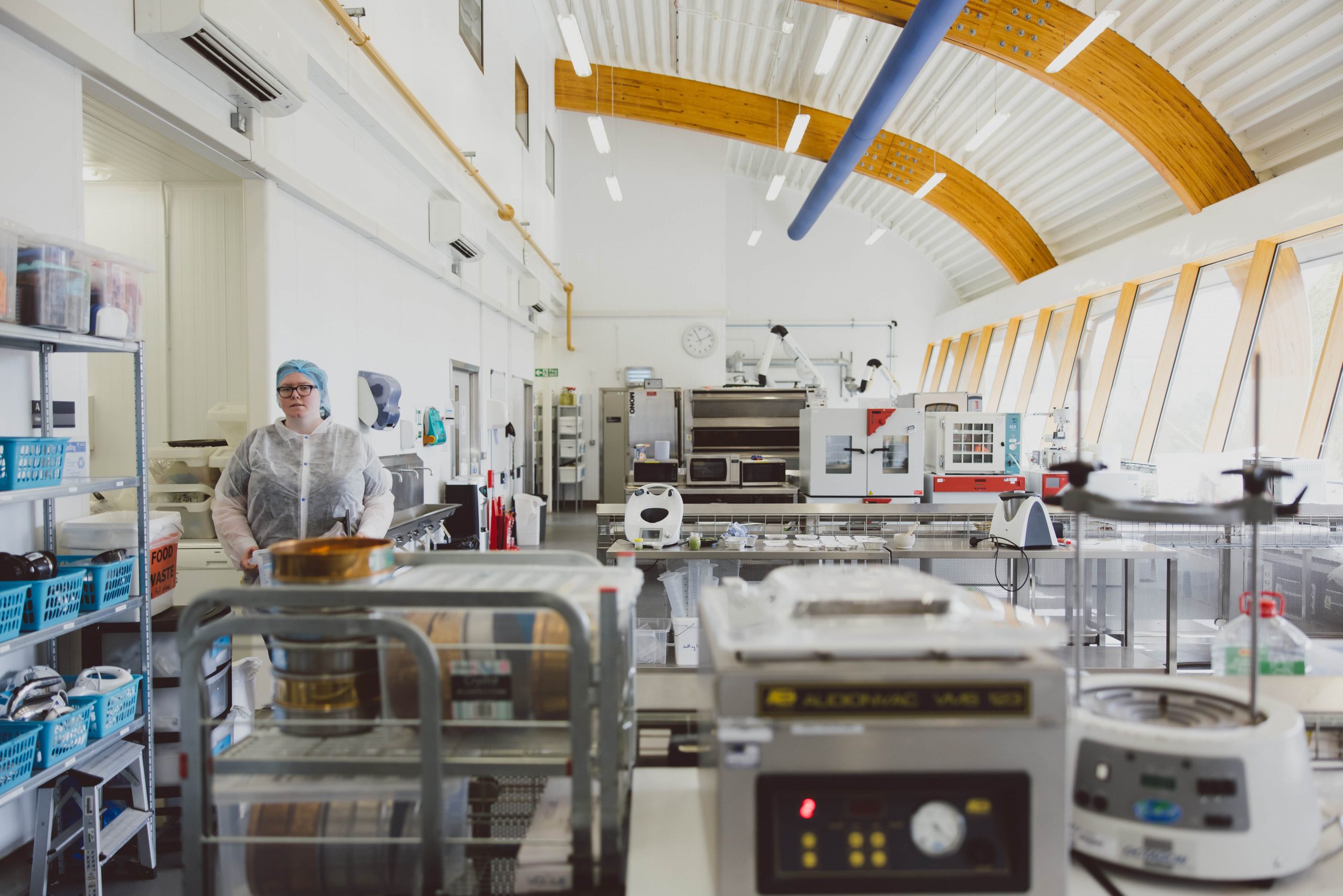
October 11, 2023, by pczmj
Fungi alternatives could diversify sustainable sources of protein to feed the world
This post is by Professor Paul Dyer, Professor of Fungal Biology at the University of Nottingham.
Our food system feeds 8 billion people each day, but this comes at ever increasing environmental costs in terms of land, water, greenhouse gas emissions, and biodiversity loss. With the rising global population and soaring demand for protein, there is a clear need for complementary sources of proteins other than meat. Various alternative (‘alt.’) sources have been suggested such as plant-based foodstuffs, so-called ‘single-cell’ proteins from microorganisms grown in fermenters, cultivated meat grown from cells, and even insects. Here, we argue for the benefits of microorganisms for production of alt. proteins, and consider some challenges and future perspectives.

There are several established systems for the production of alternative proteins via growth of microorganisms, particularly fungi. This can involve growth and harvest of the whole fungal mycelium to produce ‘mycoprotein’, such as in production of Quorn, a meat substitute sold globally. In parallel, fungi can be used to ferment substrates to convert them into more nutritionally rich products (e.g. protein content and flavour), such as the use of Tempeh production in Asian countries. It can be argued that the fungal kingdom (both filamentous fungi and yeasts) is an ideal target for alt. protein production based on their characteristics. For one, there is an established track record of successful and commercial protein production from fungi (e.g. Quorn and Pekilo) and protein-rich foodstuffs (e.g. Tempeh). Fungi can also be cultivated relatively easily, and many species are suited to growth in fermenters using local worldwide feedstocks. In addition to that, many species show highly efficient substrate conversion to protein, with a high protein product with other benefits such as dietary roughage. Finally, novel and improved fungal strains can be generated relatively rapidly using classical and gene editing approaches, with many protocols described.
However, there are challenges. The overall protein content of such fungal foods is lower than found in meat. There are also production obstacles, such as the need to use highly-purified and costly growth materials to avoid the induction of mycotoxins, and the problem of evolution of branching mutants in long-term fermentations disrupting the fibre-like structure. In addition, enzyme activity of production strains may not be suitable for utilisation of certain substrates.
But there are promising future prospects. There are already conventional techniques to allow strain improvement of current fungal sources so that they can become more commercially viable and of even greater nutritional value. In parallel the fungal kingdom is estimated to contain over 2 million species, of which we have only looked at a very small fraction. Therefore there is great untapped potential for the ‘next generation’ of fungal mycoprotein species. Finally, recent advances in techniques such as gene editing, high-throughput screening, AI and machine learning offer the opportunity to gain important research insights and provide exciting opportunities for even better use of fungi as protein sources in the future. This is essential as microbially derived proteins are much more environmentally sustainable than animal-derived proteins and offer a long-term solution for growing populations worldwide.
Further reading/listening:
Szepe KJ, Dyer PS, Johnson RI, Salter AM, Avery SV (2021). Influence of environmental and genetic factors on food protein quality: current knowledge and future directions. Current Opinion in Food Science 40: 94-101. https://doi.org/10.1016/j.cofs.2021.02.005
Lymbery P (2015). Farmageddon: The True Cost of Cheap Meat. Bloomsbury, UK.
Podcast on Fermented Foods: https://www.thenakedscientists.com/articles/interviews/quorn-fermented-filamentous-fungi-we-can-eat
No comments yet, fill out a comment to be the first

Leave a Reply